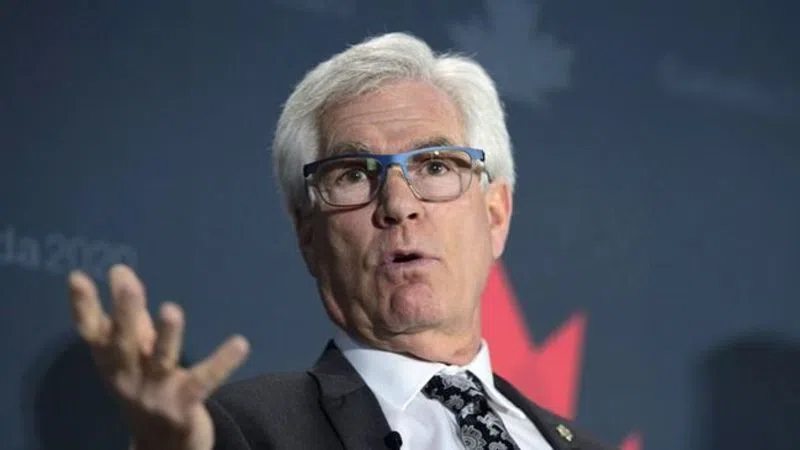
Rules for new corporate ombud criticized for deferring to companies
OTTAWA — The federal government is giving its new watchdog on international corporate responsibility unprecedented power to hear complaints from Canadian companies that think they’ve been unfairly targeted by abuse allegations.
Advocates for stronger oversight say they’re stunned by a proposed federal regulation that gives companies the right to file complaints against groups they believe have subjected them to unfounded allegations of abusing human rights.
Emily Dwyer, who heads the Canadian Network on Corporate Accountability, says it is unprecedented that the government is proposing to give its “Canadian ombudsperson for responsible enterprise” the ability to turn the tables on vulnerable complainants in poor countries.


